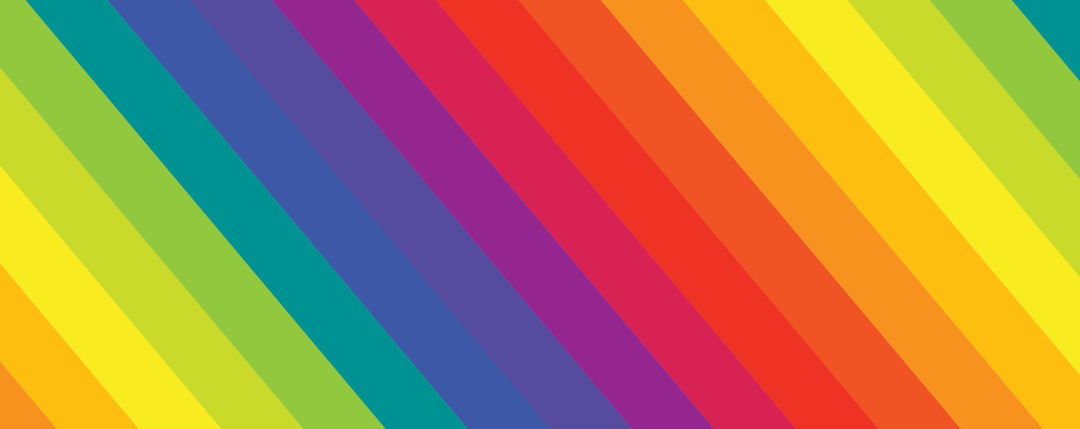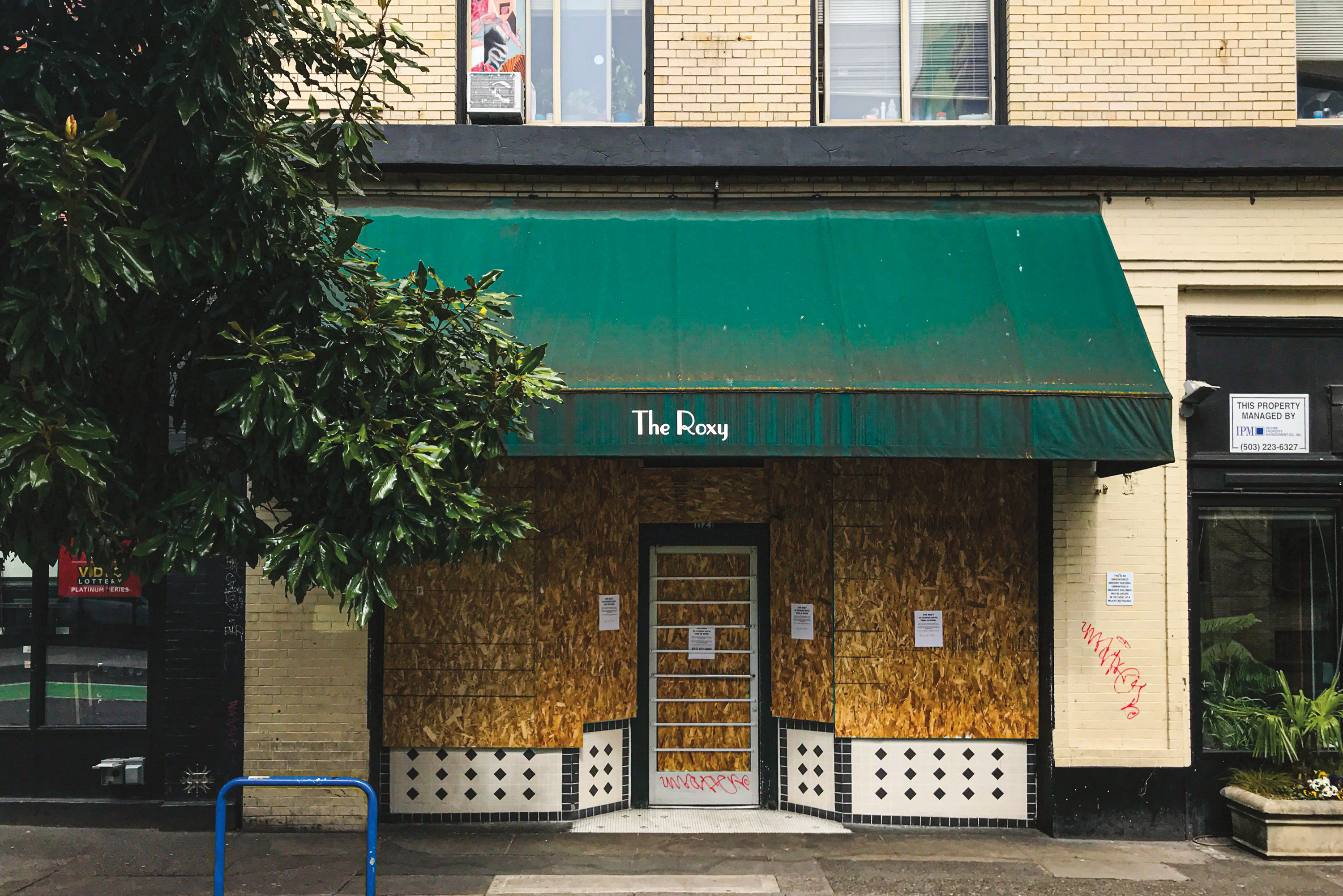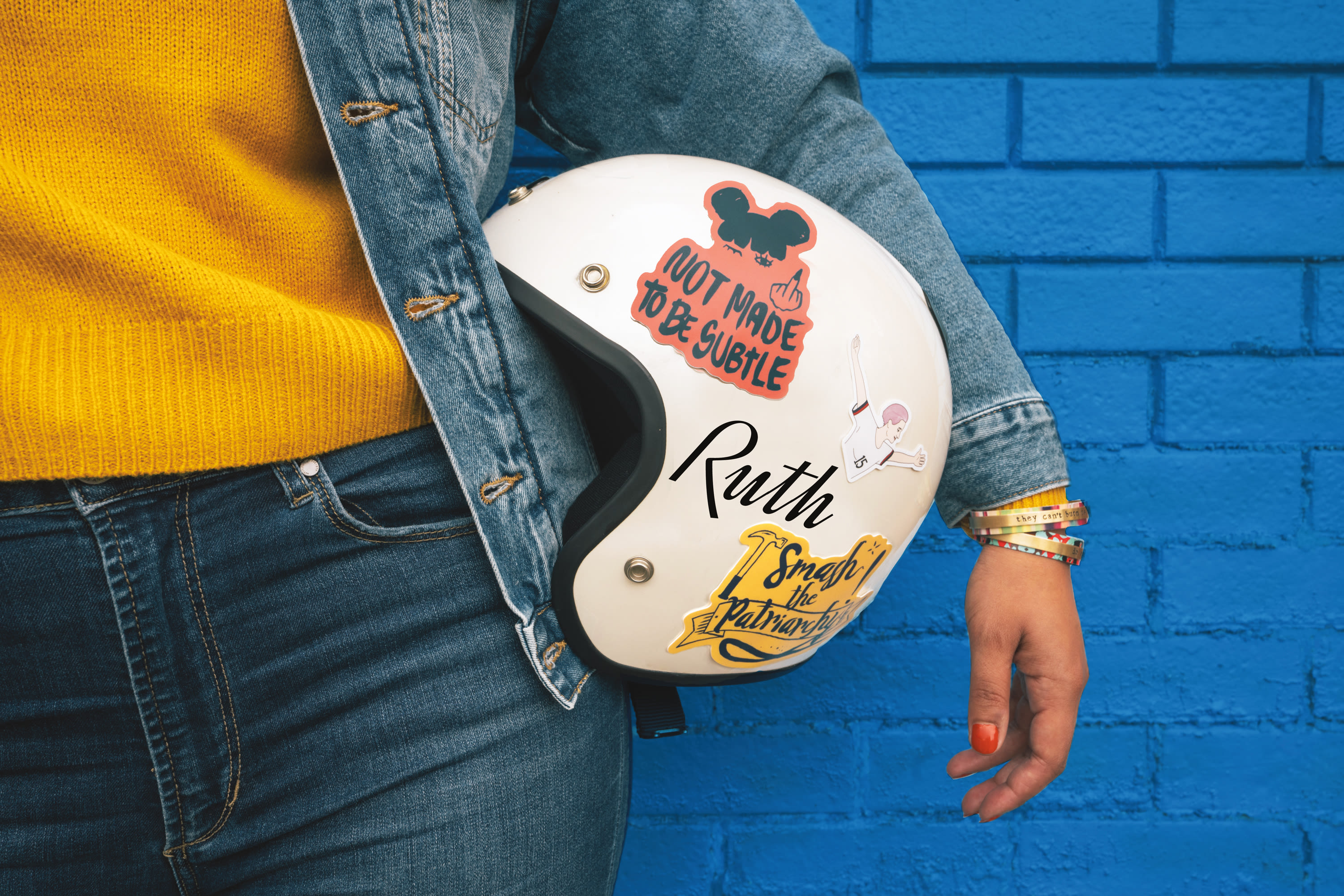Pride, Like Everything Else, Looks Different This Year

Image: Brian Breneman
My Twitter feed lit up April 20, and not for the reasons it usually does. There was the odd 4/20 joke, sure (though the tone was mostly wry, calling out indulgence as a hilariously futile coping mechanism instead of celebrating it), but most of the fuss centered on a single announcement: for the first time since 1970, New York City had canceled Pride.
When everything was different, this was supposed to be Portland Monthly’s Pride issue. I, a gay native Oregonian, had plans. I wanted to explore and explain what being queer here means and has meant, and I wanted to interrogate the value of a monthlong celebration in a culture that has at least pretended to adjust to us. There were going to be drag queen Q&As and policy stories and profiles of our local queer elders, and queer people were going to write them. It was going to be fun.
Now our attention and our capacity for fun have been hijacked by the decidedly more urgent mandate to keep each other alive. To do that, we have to abstain from the most central tenet of queer celebration: getting together. When we started marching all those decades ago, we got together because our visibility was radical—we’re here, we’re queer, etc. As the pure fact of our presence has become less incendiary, gathering has become less political and more personal—more about holding down spaces designed for us in a world that isn’t, quite.
As I write this, those spaces are closed, and we can’t safely establish new ones. Weeks before the NYC announcement, Portland indefinitely postponed its own festival. Pride changed in our pages, too. Our original plans included a firsthand account of an overnight stay at the Roxy, downtown’s neon-swathed all-ages gay diner, and a quick-hit shopping guide to help Portlanders put their money in the pockets of queer workers and business owners. Now we've shifted those stories to highlight the uniquely queer experience of our collectively uncertain future. With no Roxys to sit in, we have to be proud in private. As our dollars become lifelines for businesses of all stripes, we can help make or break spots owned and staffed by LGBTQ+ people.
I doubt anything could capture the scope of this pandemic’s impact on queer people—even locally—but I hope these stories serve as a window, however narrow. And I hope next summer feels like a party again. I hope I get to tell you about it.




